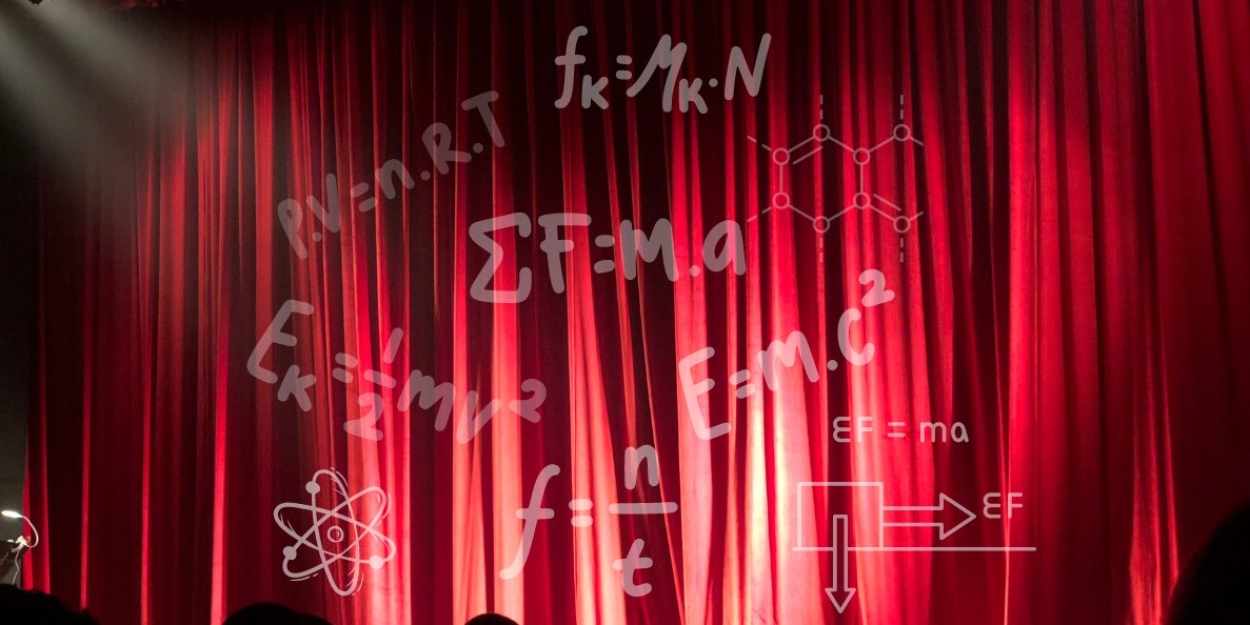Student Blog: Audition Science
Personal reflections and key takeaways in the world of auditioning.

Lately, I have been thinking about how to really stick out in auditions. So far, a majority of my auditions have been geared toward high school and college productions. However, as someone who wants to pursue a career in acting, I've been trying to find the audition formula that works best for me. While I consider myself to be far from a STEM student, figuring out my audition “strategy” has been a science. With each set of auditions and callbacks, I learn something new that I can bring to the next.
While this is probably common knowledge among actors, I quickly learned that little to no background research prior to auditioning put me at a disadvantage. Early on, if I was auditioning for a show that I didn’t know much about, I would go into it pretty much blind and hope for the best. In instances where the director allowed actors to declare their preferred roles, I would choose whatever seemed most appealing. I did not realize how much this affected my performance. Of course, the resources to conduct sufficient research into the characters and plot are not always available for every play and musical. Additionally, it goes without saying that some directors prefer casting methods such as cold reads. However, I found that taking advantage of the opportunity to dig for context whenever possible is so helpful. I remember one time when I was auditioning for the role of Omari in Dominique Morisseau’s play Pipeline. This is a well-known play with tons of information to be found online about it. Although there was additional text before and after the highlighted section of script for auditioning actors, I only read what was highlighted and nothing else. When I got into the room, it felt like I immediately forgot everything I practiced. I rehearsed very artificially. I thought my performance would be great if I made a certain facial expression while I yelled this, took two steps to the right when I mentioned this, and gestured a certain way to show that I thought of this. Instead of building a living character, I programmed a robot. There was no depth. With no background research or attempt to build a background of my own, my words functioned as nothing more than recital. I didn’t really have a purpose behind anything I said and I realized that I didn’t even understand what the character meant when he said certain things.
I know now that if materials are provided and resources are given, I must take the time to thoroughly prepare and address the infinite amount of background questions there are to be asked about a character in a scene. This goes beyond “what is the character feeling in this moment?” and “what does the character think about themselves?” I have once heard an actor mention how something as seemingly minuscule as the shoes a character is wearing is worth attention. For example, how do these shoes impact the way a character walks and carries themselves? There is so much context to be researched but also created if not readily available. I am working toward mastering this sense of creativity and willingness to explore.
Comments
Videos


